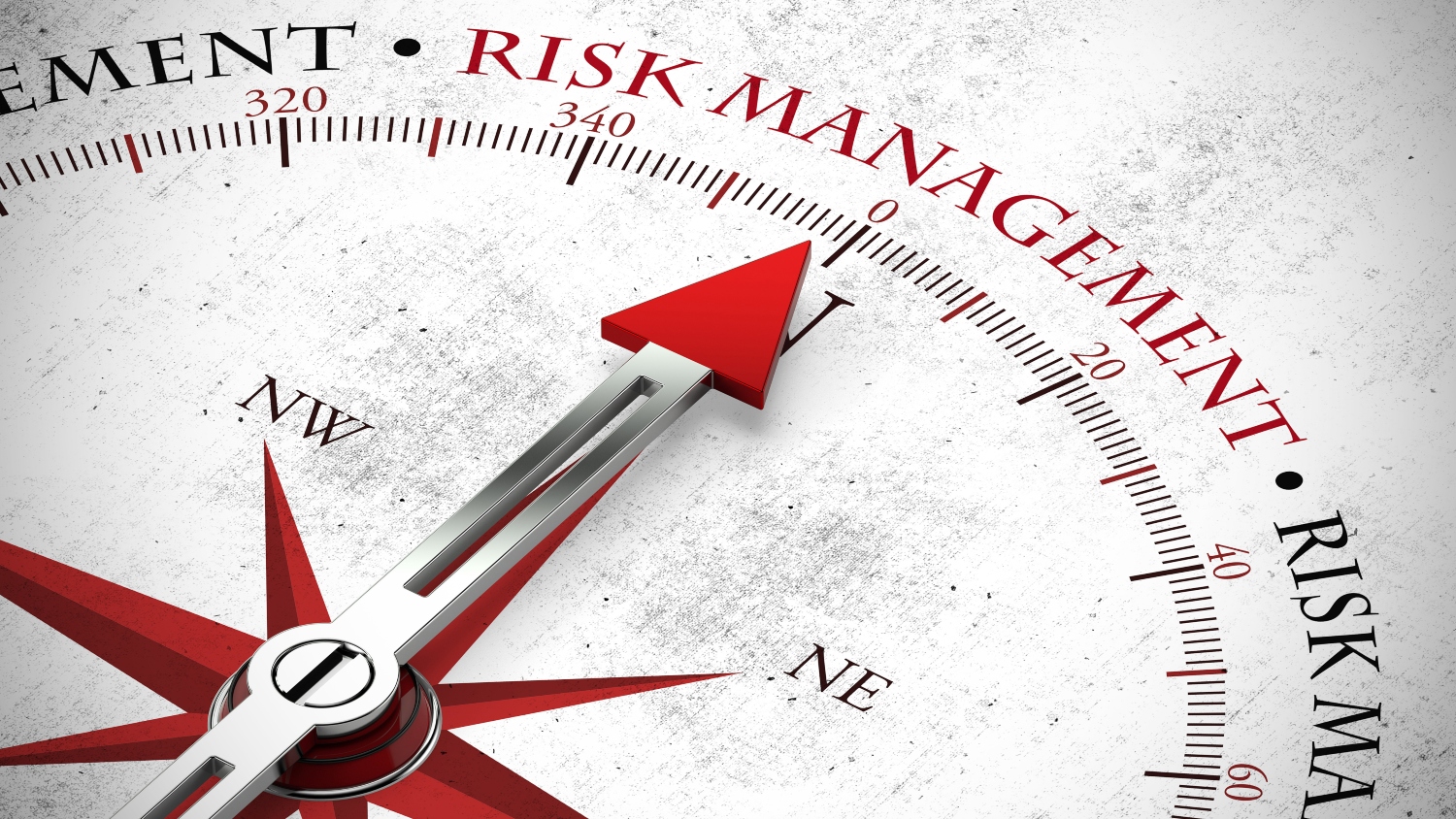Ericka Kranitz on the Rise of Risk Management

By Samantha Beavers
From pharma and agriculture to global public companies and institutions of higher education, Ericka Kranitz brings a wealth of industry knowledge to her role as director of NC State’s Master of Management, Risk and Analytics (MRA) program.
Integrating her experience in regulatory compliance, public accounting, training and education – as well as her expertise in Enterprise Risk Management (ERM) – Kranitz adds value to her students by bridging the gap between the classroom and the real world.
And with the growing importance of risk management across industries, that experience becomes indispensable.
“The aspects of risk management apply to any type of business, industry and level of an organization. All organizations have risks and data. And if you were to ask any organization, most would say the volume of risks and the complexity of those risks have increased,” Kranitz explains.
“For that reason, risk management is becoming a core competency. Increasingly, companies are looking for leaders with risk management skills and the ability to leverage large volumes of data,” she continues.

For Kranitz, this holds particularly true in view of today’s complex business environment. Taking the events of the last two years into account, she explains, more and more organizations are recognizing the importance of having processes in place to identify and manage risks.
“While risk management could not have prevented the pandemic or its subsequent events, it is notable that the organizations that did embrace ERM were better prepared and more agile in adapting their businesses,” she says. “And in some cases, they actually became stronger and gained a competitive advantage for the future.”
In that sense, risk management is more than a tool for weathering storms to ensure an organization’s survival, but an essential component of an organization’s long-term success. Accordingly, Kranitz believes the key to having robust risk management processes is linking them to a company’s strategic planning efforts.
“Companies need to consider their key strategic initiatives – whether growth, new products or acquisitions – and ask what potential risks could hinder them from being successful in those areas. How would they know? What could they do about it?” she explains.
Organizations also must have the ability to leverage internal and external data sources to help monitor risks and inform strategic decisions. External data like current legislation and economic indicators, for example, may inform whether actions need to be taken now or in the future.
“In a perfect world, organizations can prevent unfavorable outcomes from occurring. Sometimes, however, risks will come to fruition first and leaders will need to manage the impact to the business. Either way, it is critical that companies leverage data for decision-making purposes,” Kranitz says.
Though many companies have access to large amounts of data from multiple systems, Kranitz notes that they may not have leaders with the ability to make sense of the data and convert it into meaningful insights – which is why Poole’s Master of Management, Risk and Analytics concentration is focused on developing them.
To that end, Kranitz focuses on equipping graduates with the ability to think and do in the real world.
“Not only do I incorporate examples from my career into the classroom, but I also seek to leverage current business problems and have students apply the course concepts to identify solutions,” Kranitz explains. “Similar to the real-world, students find that there is rarely one right answer.”
Since joining the university in 1999, Kranitz has left an important mark on the university’s engagement with ERM. As director of internal audit, Kranitz implemented enterprise-wide risk assessments, and as an instructor, she has been intentional to link strategy and risk management in nearly every course.
She also plays a key role in facilitating Poole College’s ERM practicum opportunities, allowing graduate students to gain hands-on experience by partnering with organizations to assist with various aspects of their ERM processes.
Above all, Kranitz focuses on helping students identify their passions and achieve their unique professional goals.
“I thoroughly enjoy working with individuals to help them strengthen skills and achieve their goals, and I frequently hear from alumni about their experiences and how my courses have helped them in their careers. For our risk and analytics students, I am looking forward to working closely with them – both during this program and throughout their entire career journey as they work toward fulfilling their career dreams and personal goals.”
Are you interested in a career in risk management? Learn more about our online Master of Management, Risk and Analytics (MRA) program, or sign up for an upcoming virtual information session.
- Categories: